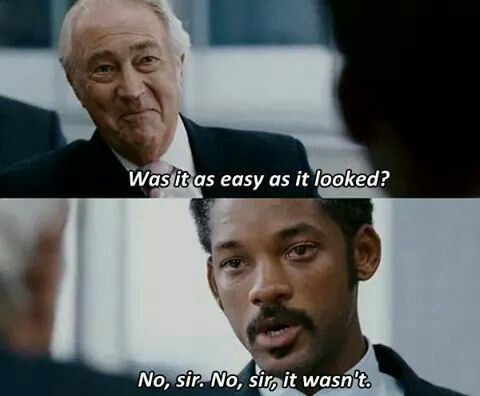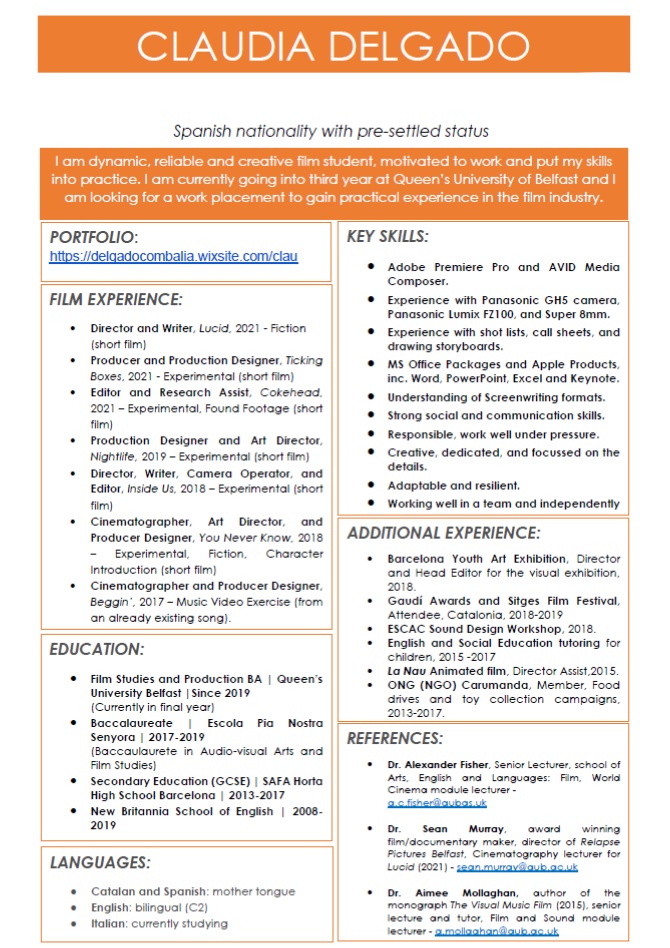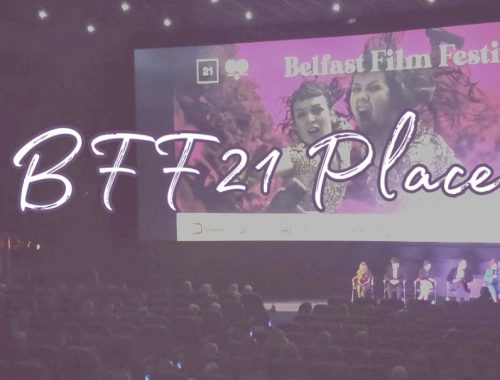The Pursuit of Placements
‘People learn from things as they happen’[1]. Self-learning and gathering expertise from others go hand in hand with the process of work experience. By this I mean that no one truly prepares you for it. If you don’t start you don’t know what you are going to encounter, hence the word ‘experience’. And yet, within this process, there are assumptions and questions without answers. Students, like myself, get enthusiastic to start in a work placement, but how is it that finding the right one was so stressful and challenging? I thought it was going to be easier.

For this blog post, I will be using Schön’s model ‘Reflective Practioner’, to reflect on my experience finding work placement.

Reflection in action:
I have learned a lot from this experience as well as suffered. It seemed to me that I was following the course of a narrative from a movie. So I decided that in order to make this blog post more entertaining, I will also divide it into a three-act structure. Don’t miss the ending!

Set up:
At the start of this last summer I knew I had time to find a work placement, therefore I started to write my CV right away. A ‘concise, factual and attractive document’[2] that will ultimately represent you as a person, as well as if you are suitable for a job. That is a lot of pressure for just a piece of paper, I thought.
My first assumption was that I needed to display my talents and skills. Thus, I gathered my previous film experiences, my portfolio, key skills, education, and wrote it all down in that document. However, questions began to arise; how far should I go back in terms of my experience? Is that skill relevant? Is it too much? I only knew one thing. The moment I decided that I wanted to dedicate myself to the film industry, which is known to be very competitive, opportunistic, and defying, I knew that the ‘modesty factor’ simply does not help or contribute when it comes to showcasing your strengths and potential. On the other hand, I gained the only knowledge I had of the vocabulary used in CVs in a high school workshop at the age of 16. Not a lot to rely on, but I learned the existence of certain keywords and phrases used to describe your skills in the work environment, which can ‘make the difference between success and failure’[3], for instance working well under pressure, strong communication skills, teamwork, creativity, adaptability, etc.

Rising action:
Having the CV done made me realise what was next. Emailing cover letters to random email addresses of every company of my interest, to people that have never seen me or heard of me. This prospect was not comforting at all and was very discouraging for me. This turned into anxiety and led to procrastination, and it took a great amount of conviction to start sending these emails. After a few weeks, I received some replies. Most of the companies that I had applied to had either already hired people or did not offer work experience. This consequently resulted in me calling the companies that had not yet answered.
Climax:
At that time, I was not in Northern Ireland as I was staying in my hometown in Spain. This caused me to have difficulties getting in contact with the companies. The calls did not go through, claiming that the phone numbers provided by my lecturer were incorrect. I knew that because of this, I was missing out on opportunities and offers with other companies, which made me feel upset and disheartened. Moments after, stress and anxiety got a hold of me and made me almost give up.
I was very close to the date to submit the paperwork required for the module, so I did not expect a successful outcome. However, I still sought help and advice from my tutor, lecturers, and career consultants. They were really helpful, but there was no luck and I could already see myself switching to another module.
Plot twist:
Two days before the deadline, I received an email at night. Bear in mind that I was flying to Belfast the next day. The company for the Belfast Film Festival sent an offer to work on social media and create content for the event. Not quite the role I was seeking but at that point, I did not have the luxury to complain. It was still in the field of cinema which was my main focus. I replied as fast as I could, with a cover letter written that same night – covering why I should be selected for the job and what qualities I could bring to the table. They didn’t answer that night, so I assumed they did not think that I was suitable for it. All the required paperwork had to be filled out and submitted for the next day, so I gave up and got onto that plane to Belfast with nothing else on my mind. Right after the flight landed, I got a missed call and a new email. The news was: I got the placement!

Reflection on action:
After writing about the experience itself, about what I was thinking, what decisions I made, and how it resulted. My reflection on the events that happened while finding work placement felt like a heartwarming ending from a drama film. From writing my CV to actually getting the placement was, overall, a stressful but rewarding experience. It forced me to put myself out there, to wait until the last minute, and not underestimate my skills. As well as learning how to make my way within the industry and to gather as much knowledge as I can and put it into practice. On the other hand, it is obvious that my procrastination affected me and caused a series of unfortunate events that almost made me give up. Which is a habit that I am still trying to change and I wish it hadn’t happened that way because it would have made this process a lot more enjoyable. But as most people know, you always learn from your mistakes.
References:
Clarke, John. The Right Way to write your own CV. 2002. Elliot Right Way Books, Tadworth UK. [2]
Cunnigham, Ian. Dawes, Graham. Bennet, Ben. The Handbook of Work Based Learning. 2004. MPG Bookd LTD, Bodmin UK. [1]
Yate, Martin. J. Great answer to tough interview questions. 2014. London: Kogan Page. [3]
You May Also Like

Assumption – the Parent of Confusion
24 November 2021
Breaking into the Film Industry: What You Know or Who You Know?
24 November 2021
